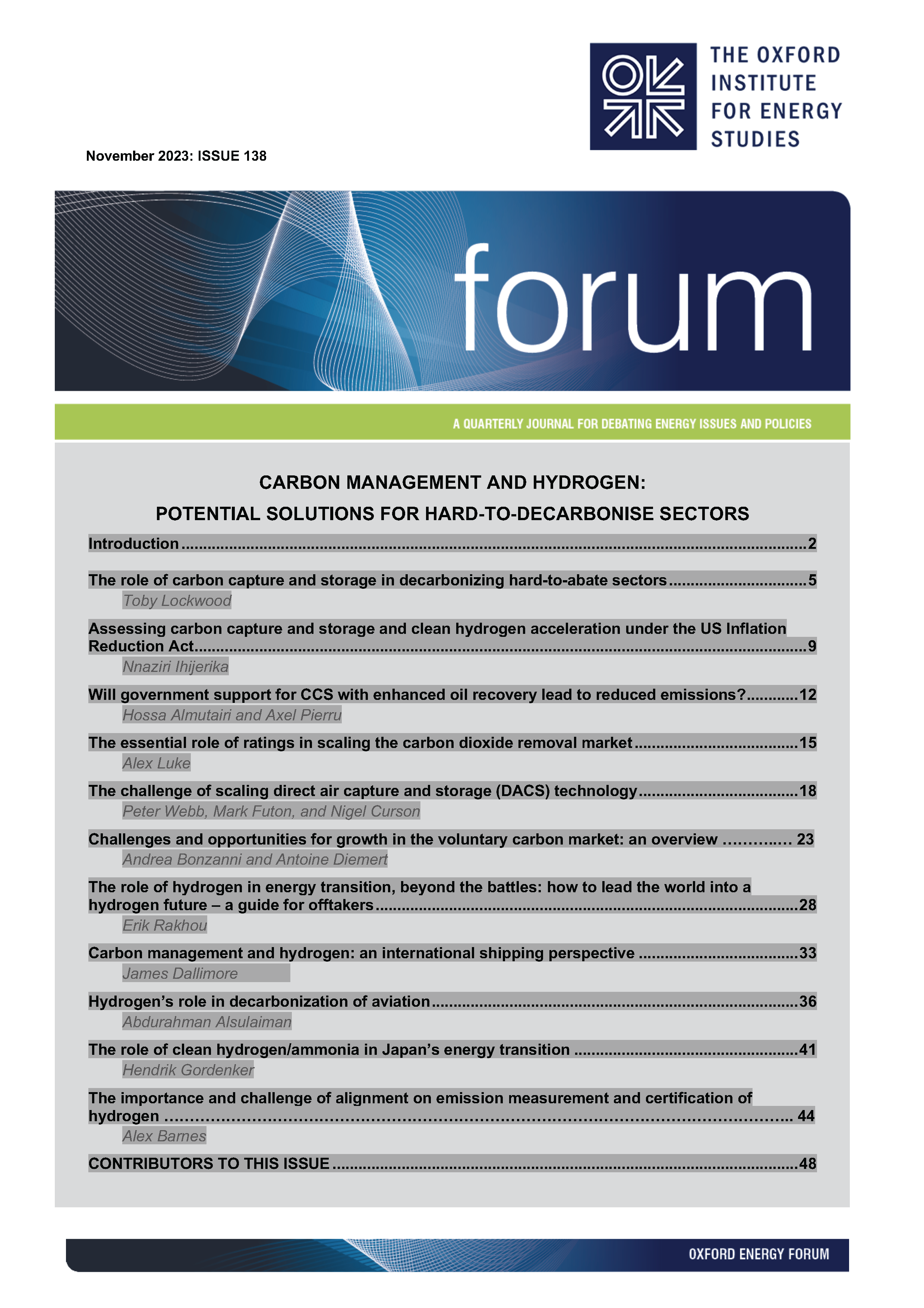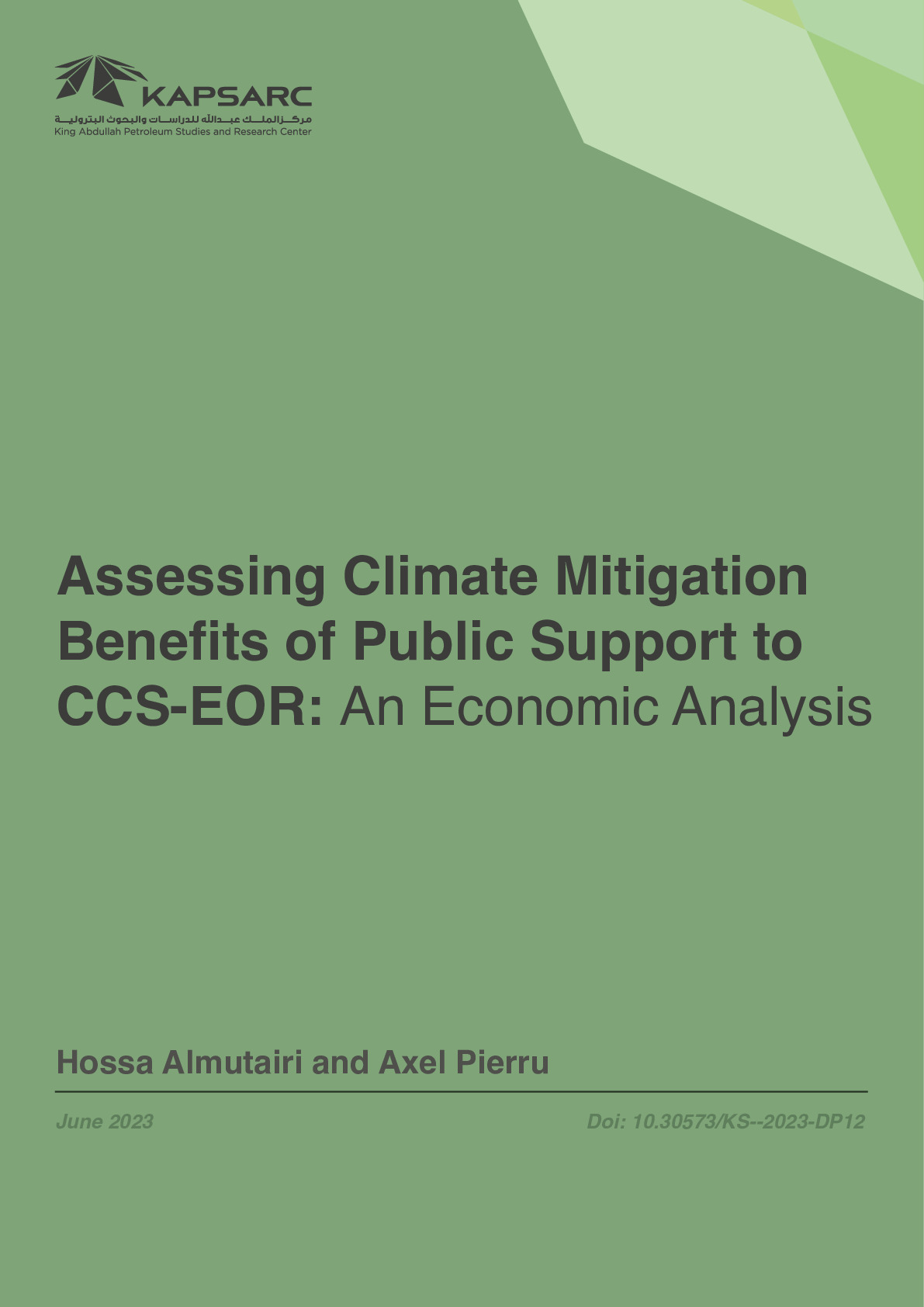The discipline of microeconomics focuses on the outcomes of the actions of economic agents, where economic agents can be individuals as producers and consumers or organizations that deliver goods or services. Microeconomists have developed a collection of models to understand and represent these behaviors. Mixed Complementarity Problems (MCPs) are among the most recent such models. This paper addresses the community of energy economists who are not necessarily focused on modeling but want to know more about current methods for representing economic equilibria. We describe in non-mathematical terms the advantages of using MCPs over other representations of markets and how to decide when they should be preferred to a more traditional (and possibly simpler) optimization approach such as linear programming.

Frederic Murphy
Visiting Researcher Frederic is professor emeritus, Fox School of Business, Temple University, where he taught for 30 years. He was a visiting… Frederic is professor emeritus, Fox School of Business, Temple University, where he taught for 30 years. He was a visiting researcher fellow at KAPSARC where he is participating in the development of energy models and writing policy analyses in a range of areas, including domestic energy use in Saudi Arabia, market power in world oil markets, designing and managing income stabilization funds, and China's and India's energy economies. He works mainly in the area of energy-market forecasting and energy policy analysis. Prior to joining Temple, he was at the Energy Information Administration (EIA) of the U.S. Department of Energy and its predecessor, the Federal Energy Administration, where he headed the group that did the economic impact analyses of the bills and laws passed during the Carter administration and developed and ran the forecasting models then used for policy analyses and the forecasts in the EIA Annual Report. He has authored over 100 refereed articles. In one study he was ranked in the 20 most published researchers in his field over a fifty-year span. He was the editor in chief of the journal Interfaces, an area editor for Operations Research, and the Informs Journal on computing, and the Vice President of Publications for INFORMS and its predecessor society, Operations Research Society of America. He has been involved in studying local economic policy issues, including advising the Tax Reform Commission of the City of Philadelphia, estimating the impact on jobs of building casinos in Philadelphia, and political redistricting. He also did a queueing study oil tank vessels on the Delaware River.




